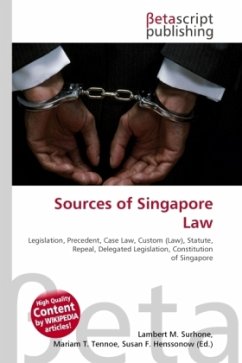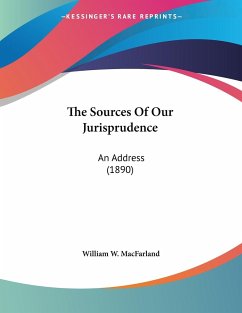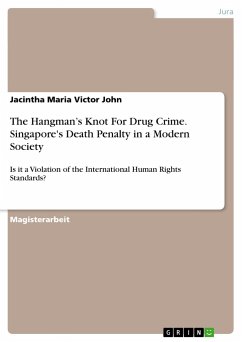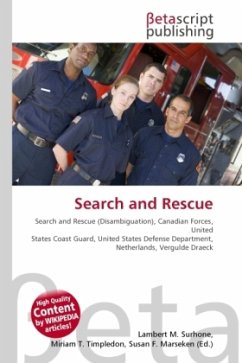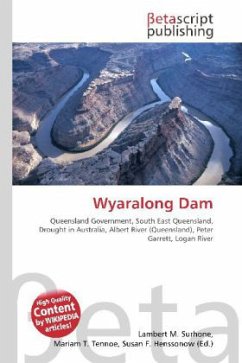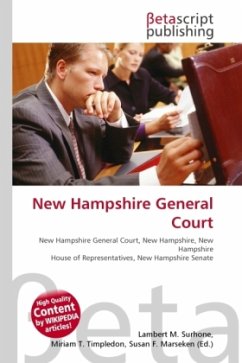High Quality Content by WIKIPEDIA articles! There are generally regarded to be three sources of Singapore law: legislation, judicial precedents (case law) and custom. Legislation can be divided into statutes and subsidiary legislation. Statutes are written laws enacted by the Singapore Parliament, as well as by other bodies which had power to pass laws for Singapore in the past. Statutes enacted by these other bodies may still be in force if they have not been repealed. One particularly important statute is the Constitution of the Republic of Singapore, which is the supreme law of Singapore any law enacted by the Legislature after the commencement of the Constitution which is inconsistent with it is, to the extent of the inconsistency, void. Subsidiary legislation, also known as "delegated legislation" or "subordinate legislation", is written law made by ministers or other administrative agencies such as government departments and statutory boards under the authority of a statute(often called its "parent Act") or other lawful authority, and not directly by Parliament.

